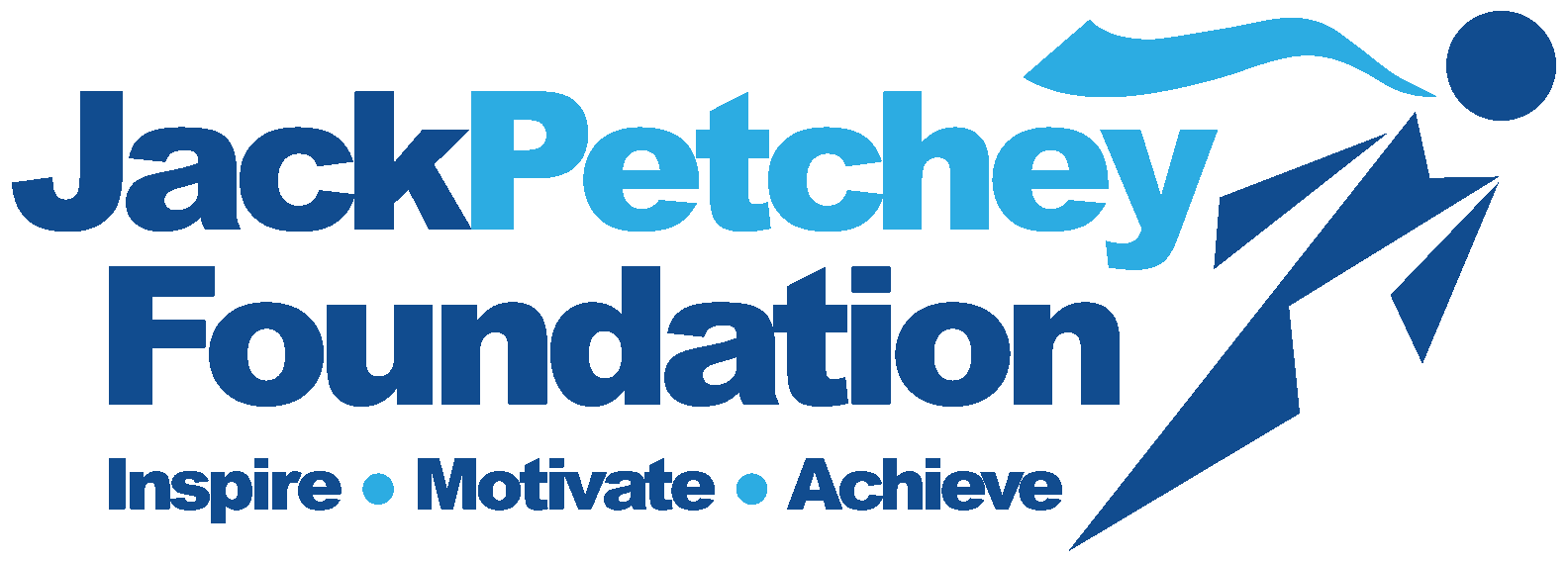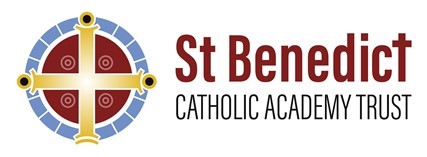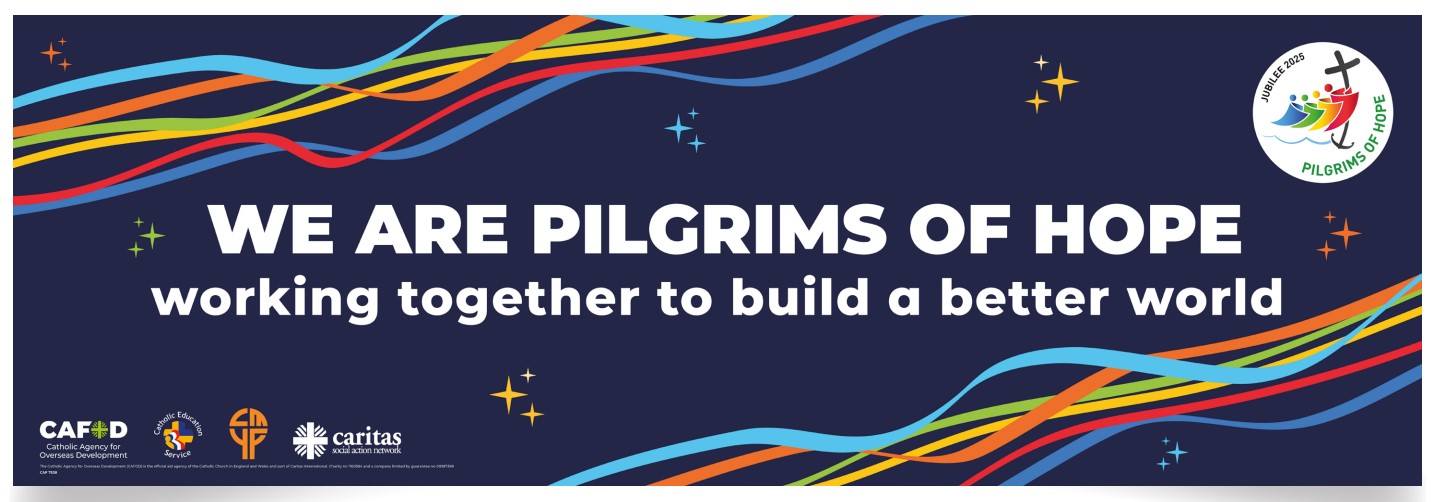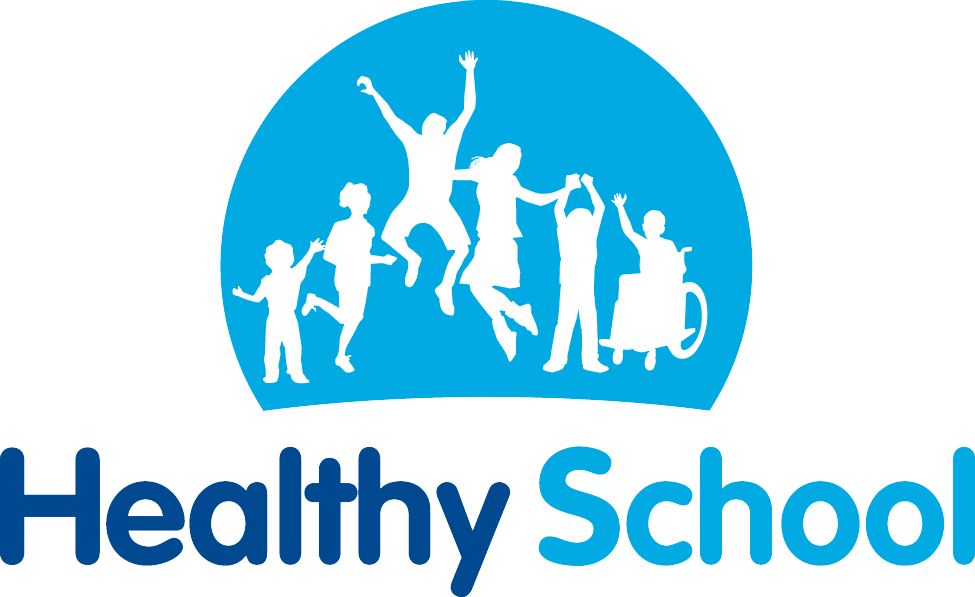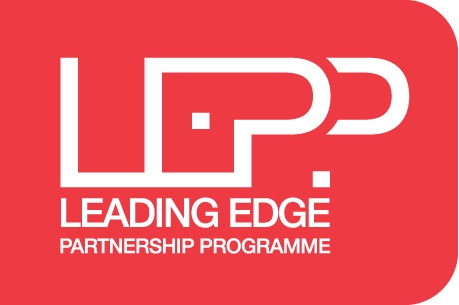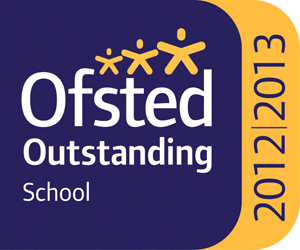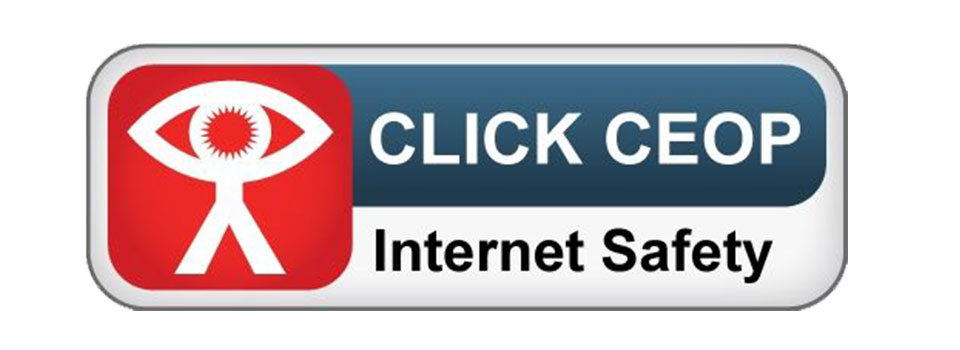Approach to the Curriculum
At St Michael’s we offer a broad and balanced curriculum which provides both continuity and progression for our students across the key stages as well as fostering the spiritual, intellectual, moral, cultural and physical development of all our students. Our curriculum focuses on ensuring the achievement and enjoyment of each individual; we recognise that all students have different talents and ensure that every student has an equal opportunity to find and develop the talents that they possess.
Aims:
- To provide a curriculum that offers depth and balance, challenge and enjoyment, allowing students to explore, identify and pursue their talents, within a framework of high expectations
- That is personalised, meeting the needs and aspirations of all our students
- That prepares students for an active role in an uncertain and fluid employment market
- Prepares pupils positively for life in modern Britain, promoting the fundamental British values of democracy, the rule of law, individual liberty and mutual respect for and tolerance of those with different faiths and beliefs.
Intent:
Embedded within this is our mission to provide these opportunities within the framework of a Christian, Catholic community in particular building on the vision of our Salesian heritage to ensure it fully articulates the Catholic vision of the college and is able to foster in all our students:
‘The ability to enjoy thinking, generate ideas, search for answers and explore mystery’.
So that we cultivate students who are not just academically successful according to their individual starting points but are also prepared for the varied and unforeseeable opportunities and challenges of the future.
The vision: From Outstanding to Transformational
The curriculum at St Michaels is reviewed annually to ensure that it:
- Enables excellent student outcomes to be maintained and improved
- Meets both students’ and statutory needs
- Maintains depth and richness
- Is coherently planned to ensure that students are able to build the relevant skills and knowledge they need for excellent outcomes at each key stage
In individual subjects the curriculum for 2020–21 and 2021-22 was adapted to ensure that students were supported to catch up and to take into account remote learning in line with our recovery plans. The breadth of the curriculum offer was not reduced at all during this time.
Implementation:
Students achieve the curriculum aims through a broad range of subject areas: English, Drama, Maths, Science, a Modern Foreign Language (French or Spanish), Latin, Art, Design and Technology, Geography, History, Religious Education, Physical Education, Music, and Citizenship, Personal, Social and Health Education (CPSHE), Information Communication Technology and Computer Science. Students learn and develop their ICT skills and understanding through all curriculum areas as well as studying it as a discreet subject. At Key stage 4 Business and Media Studies are offered and at KS5 in addition to the former, we offer Sociology, Psychology, Economics and Government and Politics as well as OCR qualifications in Sport and Business.
We ensure that our curriculum is personalised, challenging and stimulates the interest of our students.
Key Stage 3:
At Key stage 3 we aim:
- To provide a foundation of knowledge and skills leading to KS4 and beyond.
- To allow students to become familiar with new subjects, develop interests and be able to make informed choices for the future, based on a realistic understanding of their talents, abilities, aspirations and interests.
All students at Key Stage 3 follow a broad and balanced curriculum intended to build on their skills from primary school as well as develop and embed subject knowledge across a range of subjects. Year 9 is pre-GCSE year whereby all subjects make the transition to GCSE skills, including the mode of assessment and models of working. There is increased emphasis on GCSE targets.
Across the key stage, an S group exists in order to challenge our most able students. These students are identified through having CATs scores of higher than 115 and have the opportunity to study Latin and Classics as well as experiencing increased challenge throughout their lessons.
In Year 7, 8 and 9 all students will study:
English, Maths, Science, RE, History, Geography, MFL – either French or Spanish, P.E, Design and technology: Food and nutrition, Textiles and Product Design, Drama, Music, Art, Computing and CPHSE.
In addition, some students will study Latin in Year 7 and 8, with Classical Civilization in Year 9
Key Stage 4:
At the start of Key stage 4, students are well placed to apply and further develop skills and knowledge acquired in Key Stage 3
We aspire to 90% of our students achieving the English Baccalaureate by ensuring that they take History or Geography and a Modern Foreign language as well as the core subjects of English, Maths, Science and RE. Core subject support is available as an option for those students who would benefit from additional intervention. Computing skills are delivered across all subjects in line with our technology for learning plan which incorporates the use of Google classroom.
Courses at Key stage 4:
Core subjects studied to GCSE by all students:
RE, English language and Literature, Maths, Science – double or triple
Ebacc subjects: Humanity: either Geography or History, MFL: either French or Spanish
Students can choose from the following Option subjects as GCSE choices:
Art and design, Business Studies, Computer science, Design and technology, Drama, Media studies, Music, Physical education and Cambridge National level 2 Certificate in Creative iMedia.
All students have the opportunity to do PE once a week which is non-examined and all students study CPHSE.
Key Stage 5:
At key stage 5 we offer 3 pathways: A level + Honours for the most able, A level and the Technical Pathway. Each pathway comes with related enrichment experiences including EPQ or the opportunity for work experience. All students study NOCN RE for one timetabled period a week.
Enrichment
St Michael’s College values the understanding that knowledge can fall outside traditional subject boundaries and that learning can be organised in different ways. Our curriculum includes opportunities for complex projects that draw on several subject perspectives. There is a yearly Careers and Enterprise week and the curriculum is enhanced by a range of House competitions and extra-curricular activities; each subject offers a culturally enriching activity at some point during the year, ensuring that, over the course of the year all of our students experience a range of activities that will deepen their cultural understanding and appreciation of the subjects that they study.
Homework is deemed an essential aspect of our out of hours provision and is intended to enhance the students’ learning. Google classroom is used to set and monitor this and clear expectations of the amount of time that students are expected to spend on these tasks are established with parents. Parents are asked to support the college in ensuring that homework is completed to the highest standard and the college holds a homework club before school and after lessons every afternoon to facilitate this.
Inclusion:
We provide an inclusive curriculum which builds on prior learning experiences, as well as one which ensures that there is a match between each student and the tasks that they are set. This means that for some subjects, students are taught in groups that are set by ability and that some students receive additional support.
Heads of departments are responsible for ensuring that the curriculum is delivered effectively with regard to differentiation and adaptive teaching so that it meets the needs of all students regardless of ethnic or social group, the most able and those with additional learning needs.
In accordance with the law, the College has the right to respond to individual needs by modifying the National Curriculum programmes to:
- Allow a student with individual strengths to emphasise a particular curriculum area;
- Allow a student making significantly less progress than other students of his/her age to consolidate his/her learning and progress across the curriculum.
Decisions about any of the above will only be made after discussion with the student and parent.
Relationships and Sex Education
The College provides relationship and sex education in the basic curriculum for all students, in which students are encouraged and guided by moral principles and taught to recognise the value of family life/catholicity. We ensure RSE is sensitive to the different needs of individual students in respect to levels of maturity and personal circumstances; for example, their own sexual orientation or culture and is taught in a way that does not subject pupils to discrimination. Lessons will also help students to realise the nature and consequences of discrimination, teasing, bullying, peer on peer abuse and aggressive behaviours (including cyber-bullying and sexual violence), use of prejudice-based language, how to respond and ask for help and how to report any concerns.
A full statement of the College’s relationship and sex education policy is available to parents.
It has been drawn up in consultation with staff, students and parents, and takes into account the views of representatives from the community. It has regard for the government’s statutory guidance for Relationships and Sex Education and to Diocesan guidance. In accordance with the law the biological aspects of human reproduction remain compulsory for all students, but parents may seek permission from the Principal to withdraw their children from any other part of the sex education provision.
Career’s Education
The college employs a fully qualified careers consultant to work with the students and provide impartial and independent careers guidance. In years 10, 11 and 13 this takes the form of one to one meetings and support, while in year 9 the options and careers process is led by members of SLT. Year 7 and 8 have discrete careers delivery through assembly and specialist lessons. In addition to this, the college works closely with a number of Business partners such as Bloomberg, Ernst and Young, Grant Thornton, JP Morgan, Metro Bank and PWC to offer quality real life experiences for students. A full statement of our careers provision can be found in the Careers Policy.
Quality Control
The whole curriculum is monitored by the Curriculum Governing Body.
- Curriculum review is carried out by the: Strategic Leadership Team
- Curriculum Teams/Teaching and Learning group and through:
- Working Parties with a specific focus – e.g. Learning Communities
- Listening to the student voice with questionnaires or interviews
- Outside consultants
- The Sixth Form curriculum is monitored and evaluated by the Senior Leadership Team with responsibility for the Sixth Form
Concerns
Parents who have concerns about any aspect of the curriculum should discuss these in the first instance with the student’s tutor. If the issue is not resolved parents should contact the Principal in writing.
September 2024



